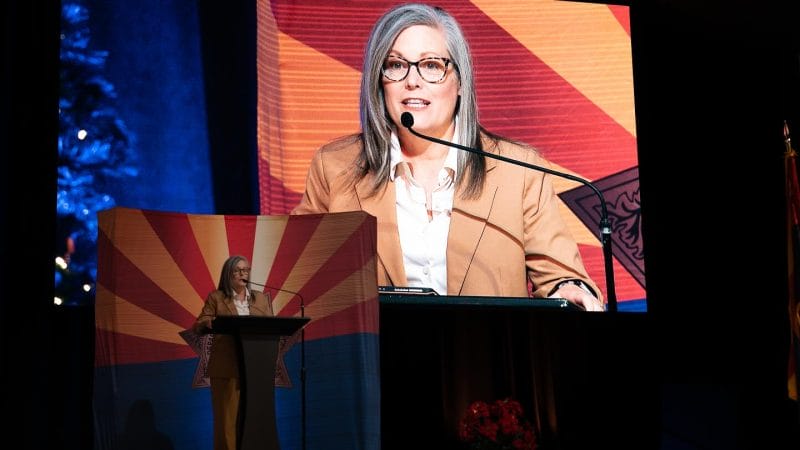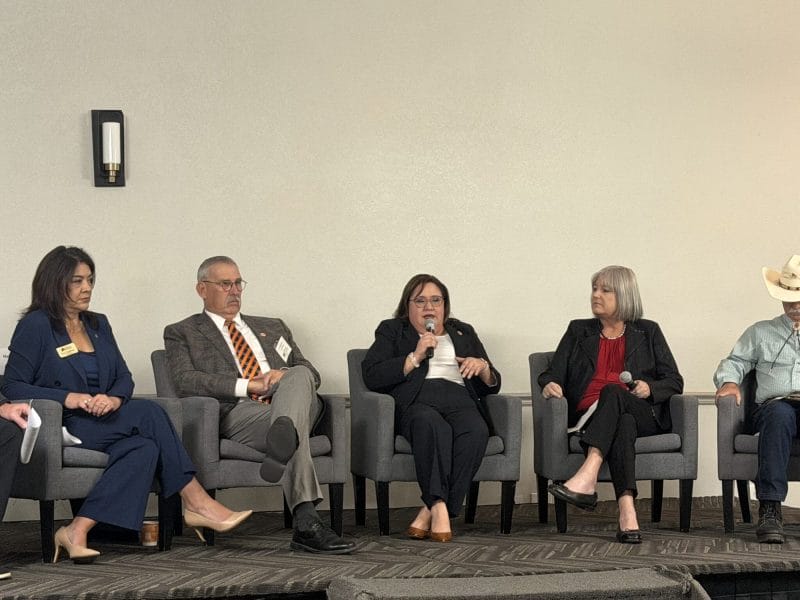
The justices agreed to hear an appeal by the state of South Dakota, which has been pushing a test case with the goal of overturning a high-court precedent that limits states’ sales tax collections.
 an states broadly require online retailers to collect sales taxes even if they lack a physical presence in the state? The Supreme Court on Friday said it would take the case that could have a major impact on online commerce. The justices agreed to hear an appeal by the state of South Dakota, which has been pushing a test case with the goal of overturning a high-court precedent that limits states’ sales tax collections.
an states broadly require online retailers to collect sales taxes even if they lack a physical presence in the state? The Supreme Court on Friday said it would take the case that could have a major impact on online commerce. The justices agreed to hear an appeal by the state of South Dakota, which has been pushing a test case with the goal of overturning a high-court precedent that limits states’ sales tax collections.
If South Dakota prevails, other states would likely begin taxing online and catalog sales from beyond their borders, ending an era in which consumers could save taxes by shopping inside their homes instead of in their local stores.
The Supreme Court, in cases from 1967 and 1992 involving mail-order businesses, said states can require merchants to collect sales tax only if they are physically located in the state. The court then said that state requirements on out-of-state retailers would impermissibly burden interstate commerce, an area that is regulated by Congress.
Justice Anthony Kennedy said in a 2015 opinion that the court in a future case should revisit its earlier decisions, “given these changes in technology and consumer sophistication.”
The justices on Friday took up that call, explicitly agreeing to consider whether the earlier high-court precedent should be overruled.
“My bet is that they are looking at it to overturn,” said Edward Zelinsky, a tax-law professor at Yeshiva University’s Cardozo School of Law. The alternative, he said, would be to point to this issue as an example of where the legislative process should be primary and kick it back to Congress.
South Dakota, in its petition to the Supreme Court, said tax collection is now uncomplicated for large internet retailers. “Asking today’s companies to undertake it when they do substantial business with a state’s citizens imposes no undue burden,” the state wrote.
A group of 35 other states urged the court to hear the case, saying the inability to require online merchants to collect sales tax was costing them billions of dollars and straining state budgets. Taxpayers are technically liable for the taxes even if an online retailer doesn’t impose them, but such direct collections by state taxing authorities are rare.
Information from The Wall Street Journal







